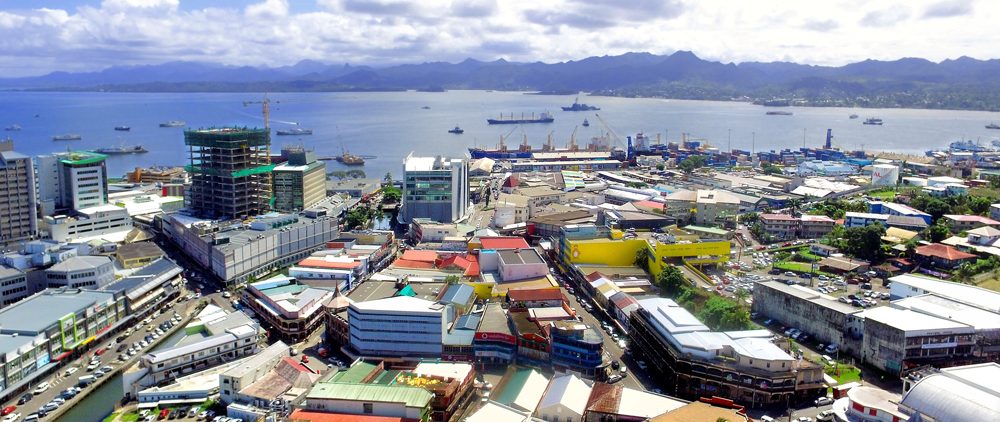
Solomon Islands’s main businesses
The Solomon Islands, an archipelago in the South Pacific, has an economy driven by key industries such as agriculture, forestry, fisheries, and tourism. While it faces challenges like a lack of infrastructure and reliance on external aid, its natural resources and unique cultural heritage provide opportunities for economic growth. Below is an overview of the main businesses and industries in the Solomon Islands.
1. Agriculture
Agriculture is a cornerstone of the Solomon Islands’ economy, with the majority of the population relying on subsistence farming. Key crops include copra (dried coconut kernel), cocoa, and palm oil, which are significant export commodities. The Solomon Islands also produce rice, root crops, and vegetables for local consumption. Agricultural businesses are expanding, with efforts to improve productivity through modern farming techniques and investment in crop diversification.
2. Forestry
The forestry industry is a major contributor to the Solomon Islands’ economy, accounting for a significant portion of its export revenue. Timber from natural forests and plantations is exported mainly to Asian markets, particularly China. However, the industry faces sustainability challenges, including over-harvesting and deforestation. Efforts are being made to promote sustainable logging practices and develop reforestation projects.
3. Fisheries
The Solomon Islands boasts some of the richest marine resources in the Pacific. Tuna fishing and processing dominate the fisheries sector, with exports going to markets in Japan, Europe, and the United States. Small-scale and artisanal fishing also play a crucial role in providing food security and livelihoods for local communities. The government and private sector are working to improve fisheries management and infrastructure to support long-term growth.
4. Tourism
Tourism in the Solomon Islands is a growing sector with significant potential. The country’s natural beauty, including pristine beaches, coral reefs, and WWII historical sites, attracts eco-tourists and history enthusiasts. Businesses in this sector include eco-lodges, diving operations, and cultural tourism initiatives. However, limited infrastructure and accessibility remain barriers to expanding tourism further.
5. Mining
The Solomon Islands is rich in mineral resources, including gold, nickel, and bauxite. The mining sector has seen increased interest from international companies, with gold mining being the most prominent activity. However, environmental concerns and disputes over resource ownership have slowed large-scale development in this industry.
6. Retail and Small Businesses
Small and medium-sized enterprises (SMEs) dominate the retail sector in the Solomon Islands. Local markets sell produce, crafts, and everyday goods, while larger retailers cater to urban areas like Honiara, the capital. The growth of SMEs is supported by local entrepreneurs and initiatives aimed at providing access to financing and business development resources.
7. Renewable Energy and Utilities
With rising awareness of climate change, renewable energy projects, such as solar and hydroelectric power, are gaining traction. These initiatives aim to reduce the country’s reliance on imported fossil fuels and provide sustainable energy solutions for rural and urban areas.
8. Handicrafts and Cultural Products
The Solomon Islands is known for its traditional crafts, including wood carvings, shell jewelry, and woven mats. These products are sold locally and to international markets, contributing to the preservation of cultural heritage and providing income for artisans.
Challenges and Opportunities
While the Solomon Islands faces challenges such as limited infrastructure, vulnerability to natural disasters, and dependency on aid, its abundant natural resources and strategic location offer opportunities for growth. Continued investment in sustainable practices, infrastructure development, and capacity building will be critical for the future of its main businesses.
Conclusion
The Solomon Islands’ economy is deeply tied to its natural resources and cultural heritage. From agriculture and forestry to tourism and mining, the main businesses reflect the country’s potential for sustainable economic development. By addressing challenges and leveraging its unique assets, the Solomon Islands can build a more resilient and diversified economy.



Leave a Reply